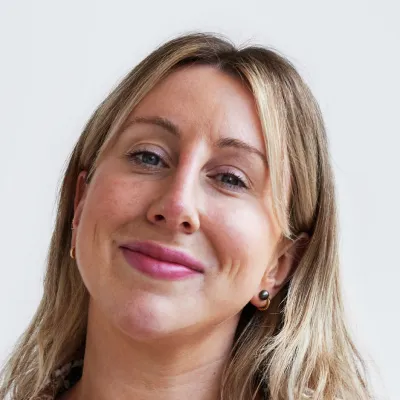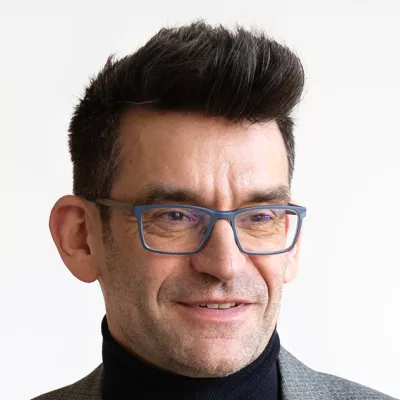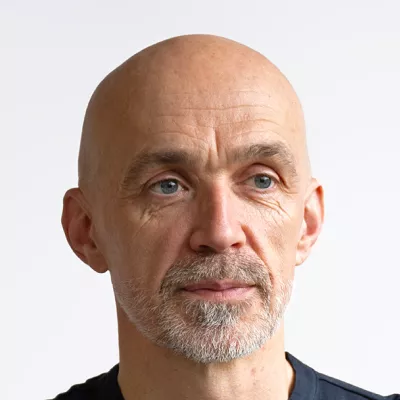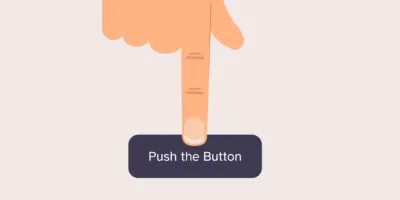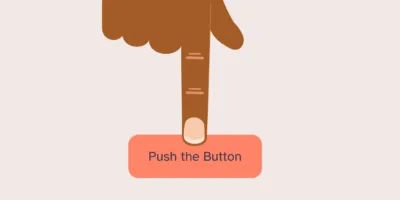02 May 2023
- Energy and Utilities
How Octopus Energy excel in customer centricity
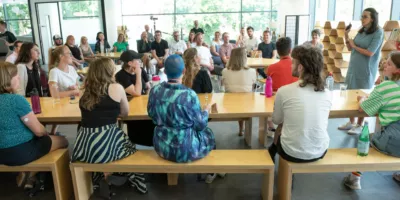
We caught up with Pete Miller and Max McShane from Octopus Energy to discover how they’ve created a truly customer centric organisation.
-
Anna Boscoe
User Experience Content Specialist
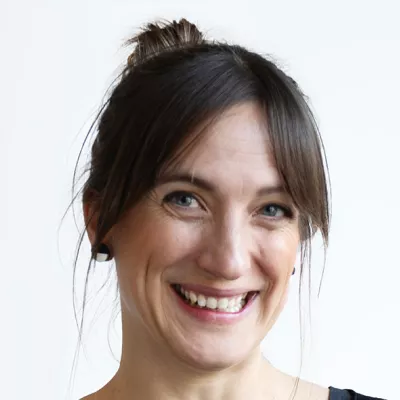
Reading time: 4 minutes
Octopus Energy is a British renewable energy group. Since their establishment in 2015, they have grown their UK customer base to 4.9 million, making them the UK’s 3rd largest energy supplier. Octopus has won over 100 awards, many of which are for outstanding customer service.
So it was no surprise that they scored top marks in our Customer Centricity Self-Assessment. They excelled in the ‘People’ and ‘Communication’ dimensions. So we caught up with Pete Miller – Co-founder & Head of Customer Experience, and Max McShane – Head of Digital, to find out what their secret is.
Believing in a shared mission
Miller believes that much of their success lies in everyone having a single mission – to drive cheaper, greener energy. ‘Feeling that their daily work is contributing to something bigger than just a paycheck’, said Miller, ’is the thing that helps deliver really outstanding customer results across the board.’
This echoes a theme we saw in the results of our Customer Centricity Study – having a shared sense of purpose and identity results in a happier, more fulfilled team that produces better results. A shared sense of purpose also supports hiring and retention.
Encouraging authenticity
Octopus believes that strong cultures and teams are built by understanding individuals, not roles. Miller likens it to the difference between a dry stone wall and a brick wall. ‘Dry stone walls are incredibly sturdy and long-lasting. They often still exist from Roman times. Many organisations try to shape people into bricks that can fit into a certain slot. With a dry stone wall approach, the role of the manager is to look at a person and work out how they fit in. That way you can build an incredibly strong culture without having to get people to be a different person at work from who they are at home. Getting the most out of people that way is an important part of how we work and operate.’

Recruiting the right people
Octopus has teams of dedicated user researchers. Having the right skills in-house is critical to an organisation’s ability to deliver a great customer experience.
Recruiting ‘T-shaped’ individuals who can adapt as the business scales is a priority for Octopus. Miller described how this type of person is so valuable because they have depth of knowledge in a certain area, combined with an ability to apply a breadth of knowledge across other areas. They also take ownership of problems and believe in the mission. ’Having that mission drive is fundamental. That’s when you get that kind of magic.’
Breaking down silos
By recruiting T-shaped individuals, Miller feels you don’t have to be so protectionist about building silos because people can ‘stretch and pull themselves in slightly different shapes.’
Breaking down barriers between different departments allows for a more collaborative atmosphere. McShane described how they all have the same goal, and so ‘work together to find the best opportunities in the best way to do so.’
In this spirit of collaboration, they have an initiative called ‘Project JÄGER’, where Customer Support Staff spend time each month working with the Engineers developing their services. This means that Engineers know to prioritise issues that matter to customers and receive rapid feedback when their enhancements go live.
Bringing teams closer to the customer
The software Octopus has developed, called ‘Kraken’, brings them closer to the customer. It records every phone call and email and is integrated with Slack, so the team can easily listen back to a recorded phone call with a customer to hear in their own words what the issue is.
Email communications don’t come from a no-reply email address. Instead, the whole team fields replies to them, and that includes Greg Jackson, their CEO. Miller said, ‘I think there’s something incredibly grounding about fielding those replies because you get to understand people in the real world’. It helps the team at Octopus to make their communications more down-to-earth and simple. Miller feels that having their CEO so close to the customer in this way is a critical part of how they have created a customer-centred organisation.
Octopus truly embraces customer feedback because it gives them visibility on where there are problems. ‘We want people to tell us what’s wrong so we can solve it before it becomes an issue for everyone else’, said Miller. ‘Even though it can be brutal, having that feedback makes you better.’
Having conversations
Miller emphasised how much importance they place on having conversations within and between teams at Octopus. Innovation comes from people working together in small groups, having conversations, coming up with solutions, and giving them the freedom to take action.

Learning from failures
A learning culture is something that is embedded throughout the entire organisation and is a big part of their success. When someone makes a mistake, instead of making the person feel bad, leadership looks at why it happened and what can be done to ensure it doesn’t happen again.
‘Freedom and responsibility aren’t just something that you delegate down’, said Miller. ‘They’re something you take responsibility for afterwards as well. That’s really key for creating a better organisation and in terms of modelling.’
Empowering teams
A core part of Octopus’s culture is giving employees freedom and responsibility. Although their custom-built software can deal with a lot of auditing and compliance, Octopus does not have a compliance department. Miller said, ‘When all communications need to be run past compliance, you can end up with a weakened creative team who are not that worried about whether they’re writing the right thing, because they know somebody else is going to check it over. So we don’t do that; We say with freedom comes responsibility, that’s an incredibly important thing.’
Family Dinners
Despite their exponential growth, Octopus have kept their tradition of closing early on a Friday and going to the pub to talk about their week, celebrate the wins and console colleagues who have faced challenges. They call it a ‘Family Dinner’. People can join in person or via video call from all over the world. Miller explained how sharing that time together and sharing stories helps people to appreciate their diversity and learn from one another.
Living the values
In summary, Miller said, ‘The reason we are customer-centred is that Greg is so obsessively human-centred. He’s obsessed with everybody who’s joined Octopus and how they feel and fit in and modelling those values for everyone in a very obvious way. Wearing his heart on his sleeve and being very human is the difference between creating a genuinely human-centric culture and just talking a good game. You’ve got to live the values.’
